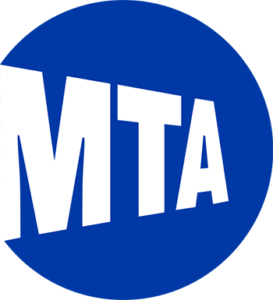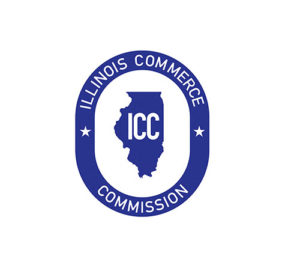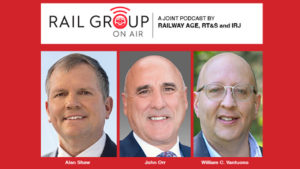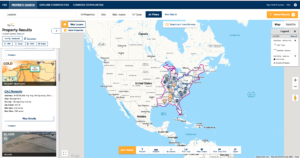House INVEST Act would bolster CRISI program
Written by Press Release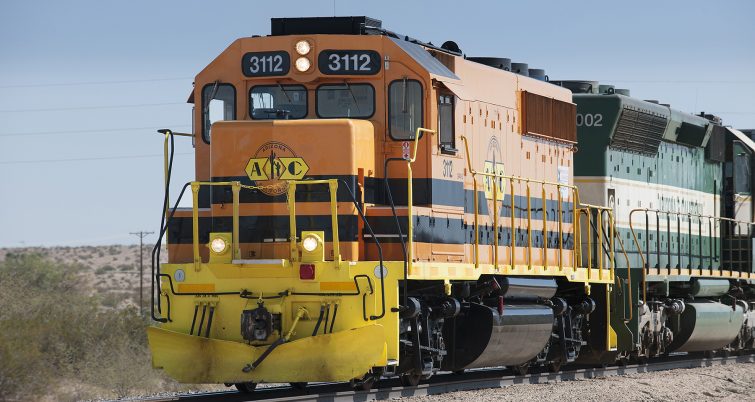
The House Transportation and Infrastructure Committee’s approval of H.R. 2, the INVEST in America Act, the American Short Line and Regional Railroad Association (ASLRRA), which represents the nation’s 600 small business freight railroads and hundreds of railroad suppliers, notes both positive advancements and opportunities to improve this legislation for the short line industry going forward.
“We congratulate the committee, led by Chairman [Pete] DeFazio, for moving ahead with a broad reauthorization of federal highway, transit and rail programs in the INVEST in America Act,” said Chuck Baker, president, ASLRRA. “There are pieces of this bill that would help short lines serve our thousands of shippers in small towns and rural communities throughout the country, but there are also unfortunately pieces that would hinder our ability to bring their products to bigger domestic markets at urban centers and global markets through our port connections. We understand that this is a lengthy process with many opportunities for stakeholder input between now and when a surface transportation bill becomes public law.
“We look forward to working with the House to improve the bill as it progresses to the House floor, working with the Senate on their rail title, and then working with all of Congress and the Administration as a bipartisan bill is finalized and eventually sent to the President’s desk for signature.”
The ASLRRA is pleased to highlight some beneficial aspects of H.R. 2, including:
- The significant increase in the authorized funding levels for the Consolidated Rail Infrastructure Safety Improvements (CRISI) program, a competitive grant program that the short line industry relies upon for significant safety and service upgrades to old, inherited track infrastructure, while maintaining the rural set-aside. We also are pleased to see the bill would remove preferential treatment for applications that over-match by providing more than 50 percent in non-federal funding for the project. We remain concerned about the inclusion of additional non-freight rail applicants and setting aside much of the program for mega-projects, especially in the event the appropriators do not provide full funding at the authorized levels;
- Support of state freight investments through the National Highway Freight Program, which allows states to use that funding to invest in rail projects if they so choose;
- No changes to the current truck size and weights standards on the nation’s highways, other than a small, unfortunate 2,000-lb exemption for electric trucks. This largely avoids further distorting the market for freight services and artificially driving freight off the rail network and onto the highway network; and
- The authorization of funding for short line safety culture assessments and trainings. We appreciate Congress reiterating its commitment to continuing the successful work of the Short Line Safety Institute, which has helped make our industry safer.
ASLRRA also notes several problematic provisions, and looks forward to working with Congress to ameliorate these issues before the legislation becomes public law:
- Requiring two-person crews on certain railroads and certain trips, based on a variety of size, operating characteristics, and traffic types. This mandate is unnecessary, would not enhance safety, is not based on any data, and would prove counterproductive by making the rail industry less competitive over time and thus driving traffic onto highways, which is naturally less safe and less environmentally sustainable.
- Implementing a mandate regarding blocked crossings that would reduce rail network efficiency and is unnecessary given ongoing willingness of short line railroads to work with their communities and customers to avoid blocked crossings whenever possible;
- Requiring Surface Transportation Board mediation for commuter rail requests for track and rights-of-way access. These are additional mandates that are unnecessary given short line railroads’ demonstrated willingness to consider and work with credible commuter and passenger rail proposals;
- Transforming the freight-focused INFRA program to a Projects of National and Regional Significance (PNRS) program that would discontinue aspects of the program that allow short line railroads to participate. The new PNRS program is now exclusively for mega projects, lacks a small project set-aside, and shifts away from addressing freight priorities and projects; and
- Banning the transportation of cheap and clean liquefied natural gas (LNG) by rail. The U.S. DOT already properly regulates the movement of LNG by rail, and railroads have already proven they can safely move similar products and would use similar safety procedures for LNG.

